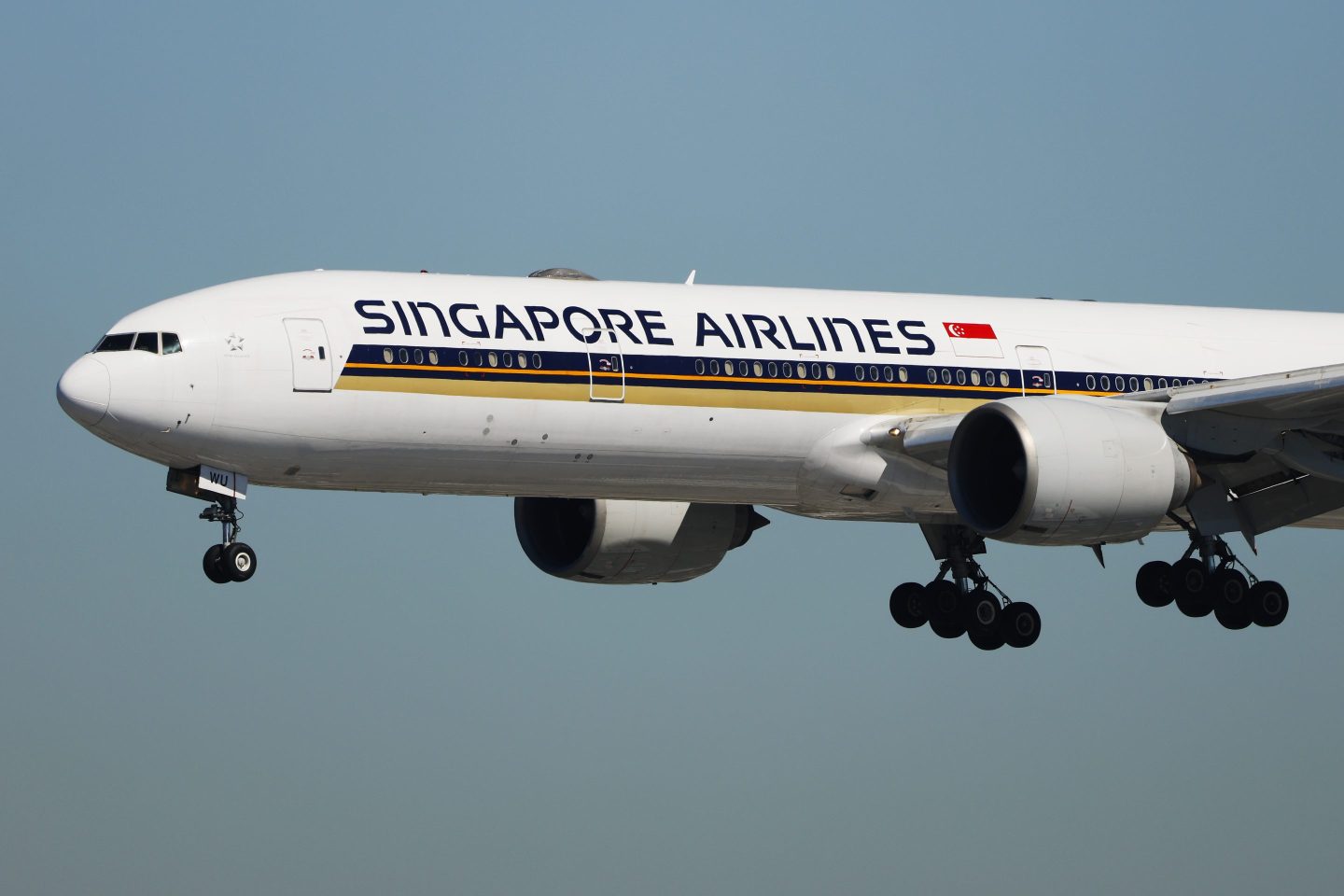Why can’t U.S. airlines make their Chinese flights work? Two U.S. carriers are ending flights to China, and it might have something to do with China’s easing its “one route, one airline” policy for Chinese airlines, opening up long-haul international routes for more competition, Reuters says.
American Airlines (AAL) is ending its direct Chicago-Shanghai service and 10 other unprofitable long-haul routes by early 2019. Hawaiian Airlines is also suspending its Honolulu-Beijing route, which had been flying three times a week since 2014, because demand wasn’t growing as hoped. Service will end after China’s Golden Week holiday in early October.
American Airlines had announced in May it was ending its direct Chicago-Beijing service in the face of increased competition. American will still offers daily flights to Beijing from its hubs in Los Angeles and Dallas, where it is focusing its long-haul operations.
Vasu Raja, vice president of network planning at American Airlines, said on a company podcast that and “It doesn’t mean that we don’t like Chicago, nor that we don’t like Asia. Far from it,” Raja said. “Chicago is a very profitable hub for us. … However, the two China routes, and to a lesser degree Tokyo, have been colossal loss makers for us.”
American’s Chicago-China route will end in October, and the Chicago-Tokyo route will be reduced to three times a week as of December. American Airlines will also be cutting a Philadelphia-Munich flight. However, American is adding a direct flight to London Heathrow from Phoenix, and new direct flights from Chicago to Manchester, England, and Athens, Greece, next year.
American Airlines also said it plans to seek permission to fly into Beijing’s new international airport that’s slated to open in 2019. A spokesperson told the Chicago Tribune that Chinese authorities required them to maintain daily schedules or lose the routes altogether.
Though these China cuts are in the works, other airlines will have to pick up the slack. The Boyd Group consultancy estimates the number of Chinese passengers arriving at U.S. airports will nearly triple from 4.3 million this year to 12.8 million in 2024. United Airlines (UAL) already had the most Chinese flights of any U.S. carrier, and these cancellations by American and Hawaiian should give them an even better hold on the market.
“U.S. airlines are at a severe disadvantage,” Mike Boyd, group president for The Boyd Group, told Reuters. “The majority of demand is China-generated, and that gives Chinese carriers the advantage.”











